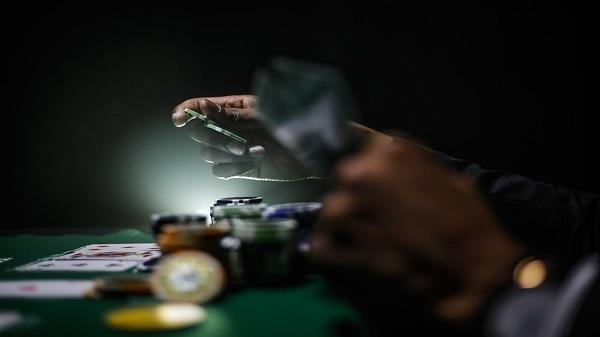Unveiling the Hidden Forces: The Psychology Behind Casino Gambling
Gambling has long captivated individuals worldwide, with casinos as hubs of excitement and risk-taking. Beyond the glitz and glamor lies a fascinating realm of human psychology that drives the behaviors of gamblers. Understanding the complex motivations, cognitive biases, and emotional factors behind gambling is essential for both players and industry professionals. This exploration delves into the captivating world of casino psychology, unraveling the complexities that govern decision-making, risk perception, and addictive tendencies in a casino environment.
Now, for enthusiasts of the gambling industry who crave non-stop action, the advent of online casino has been a game-changer. Now, irrespective of location or time constraints, players can indulge in the thrill of casino games from the comfort of their own devices. Online casinos offer various games, from classic table games like blackjack and roulette to innovative slot machines and immersive live dealer experiences. These digital platforms faithfully recreate the excitement and atmosphere of their brick-and-mortar counterparts, providing an alluring alternative for those seeking the adrenaline rush of the casino world at their fingertips.
The Allure of Chance: The Thrill of Uncertainty
Humans are wired to seek novelty and excitement, making the uncertain outcomes in gambling particularly enticing. The thrill of taking risks and the anticipation of a potential reward trigger the release of dopamine in the brain, creating a sense of pleasure and motivation to continue gambling.
The Gambler’s Fallacy: The Illusion of Patterns
One cognitive bias that affects gamblers is the gambler’s fallacy, the belief that previous outcomes in a game of chance influence future results. This misconception leads individuals to believe that a losing streak is bound to be followed by a winning streak or vice versa. Understanding this fallacy can help players make more rational decisions.
The Power of Near Misses: Fueling Persistence
Near misses, when a player comes close to winning but falls short, profoundly impact the gambler’s psyche. Despite the current statistical odds, these near wins generate a sense of hope and encourage players to continue playing. Casino games often employ this psychological technique to keep players engaged and prolong their gambling sessions.
The Social Aspect: Peer Influence and Social Comparison
Casinos create an environment where social interactions play a significant role. Observing others’ wins and losses can influence an individual’s behavior, leading to imitation and social comparison. The desire to fit in, compete, or follow successful gamblers can have a powerful impact on a person’s gambling decisions.
Cognitive Biases and Distorted Thinking: The Gambler’s Mindset
Gamblers often experience cognitive biases that cloud their judgment. Availability bias, confirmation bias, and overconfidence are cognitive distortions contributing to irrational thinking and decision-making. Understanding these biases can help players make more informed choices and mitigate their negative effects.
Escape and Emotional Regulation: Gambling as a Coping Mechanism
For some individuals, gambling is a form of escapism and emotional regulation. It provides temporary relief from stress, anxiety, or negative emotions, creating a sense of excitement and distraction. However, excessive reliance on gambling as a coping mechanism can lead to problematic gambling behaviors and addiction.
The Role of Casino Atmosphere: Lights, Sounds, and Aromas
Casinos meticulously design their environments to create a specific atmosphere that enhances the gambling experience. Bright lights, captivating sounds, and even specific scents are carefully chosen to evoke positive emotions and stimulate arousal. These sensory cues contribute to the overall psychological allure of the casino.
Wrapping Up
Understanding the psychology of gambling is essential for both players and casino operators. Recognizing the factors influencing decision-making in a casino environment can empower individuals to make more informed choices and engage in responsible gambling. Moreover, casinos can utilize this knowledge to create a more enjoyable and ethical gambling experience for their patrons. By unraveling the complex workings of the human mind in casinos, we gain valuable insights into the motivations, biases, and emotions that shape our gambling experiences.
